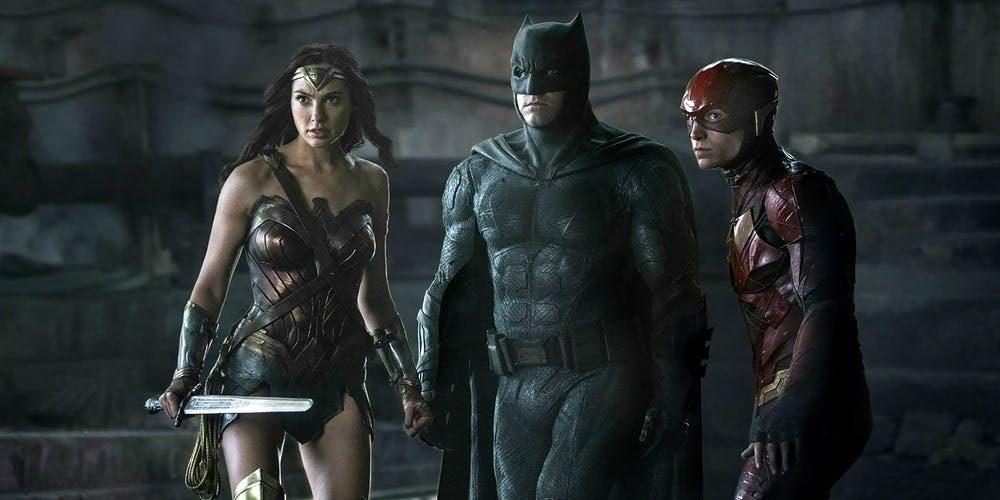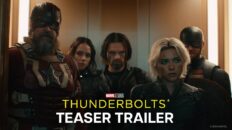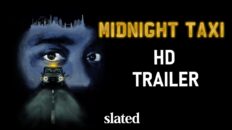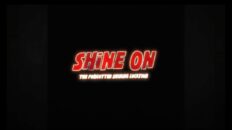“It is exactly the bore who does think that his case is interesting. It is precisely the really common person who does think that his case is uncommon. It is always the dull man who does think himself rather wild. To ask solely for strange experiences of the soul is simply to let loose all the imbecile asylums about one’s ears.” ― G.K. Chesterton
***
As someone who has been a vocal critic of the darkness in Warner Brothers/DC Comics’ attempt at creating a combined universe in answer to Marvel’s MCU, it might come across as hypocritical when I criticize Justice League for being too slight, too whimsical, too joke-y. Very well then, I may be a hypocrite indeed. I persist because all the slightness and whimsy and jokes do not feel so much like a course correction so much as a dullness and vapidity. Nothing illustrates this better than a moment toward the end of the film where some of the most poignant criticisms of Man of Steel–the movie that rebooted Superman and kickstarted the DC Universe–became nothing more than a goofy, throwaway punchline.
After a brief into tag that tries to reframe the Clark Kent/Superman we have seen in Man of Steel and Batman v Superman: Dawn of Justice, the film begins with a few scenes that could be set in the dark world Zack Snyder has laid out and continued in Suicide Squad and to a lesser degree in Wonder Woman (Gal Gadot and her character remain the best part of the entire universe, with a respectful nod toward Jeremy Irons’ Alfred). In fact, Wonder Woman’s the introductory scene sees her facing off against a group of self-proclaimed “reactionaries” who want to usher in a new dark age, a clear reference to the current real-world neoreactionary movement which I discussed in my recent article on H.P. Lovecraft, and what was supposed to be a foreshadowing of the film’s primary antagonist, Steppenwolf (voiced by Ciarán Hinds). But Justice League acts quickly to shed much relation to the darkness of the films that have preceded it. There is no Batman (Ben Affleck) branding evildoers, no existentially confused Superman (Henry Cavill), no world in political and pseudo-religious confusion (although we are told it is in fear there’s very little to indicate it is), and no civilian deaths in the thousands (or even dozens).
For all my criticisms of this Superman, there was a part of me that hoped Man of Steel and Batman v Superman: Dawn of Justice’s defenders were right when they imagined a storyline and payoff where Superman and even Batman grew into the heroic versions of themselves that we hoped for, that gave us hope. That narrative arc is completely absent here. And as a soft reboot of the DC Comics universe, there’s not much substance to be seen elsewhere either. Anyone hoping for Joss Whedon (who did a rework on the script and directed reshoots when Director Zack Snyder had to step away from the project for family reasons) to bring any pathos along with his trademark humor will be disappointed. One scene involving Aquaman (Jason Momoa) and Wonder Woman’s unique lasso, which compels those who come into contact with it to speak the truth, bears all the hallmarks of Whedon’s wit but very little of anything else.
Besides Momoa’s Aquaman, other newcomers Cyborg (Ray Fisher) and The Flash (Ezra Miller) round out the league of heroes. While Cyborg’s origin is rooted in the main conflict of the story, there really isn’t any sense of who this character is–or who he was before he became a superhero. Miller’s Flash is admittedly a lot of fun and has some of the best scenes we’ve seen a super fast character participate in, but his joke-a-minute delivery is more script function than human. Another addition is J.K. Simmons as Commissioner Gordon, who is fine in a small role and Lois Lane (Amy Adams) and Martha Kent (Diane Lane) also return in minor roles to little substantive effect.
Although a good bit of the CGI effects feel discernably unrealistic, perceptively animated (a function of the extensive reshoots?), Justice League does play out well visually as comic book eye candy. But the sugary glaze quickly dissolves when you realize there’s no center to this Tootsie pop. If Whedon and Snyder had had a true collaboration on the project, or if this had been the starting point of the DC comics film universe, I might have perceived this film differently. But as it stands, I got the feeling of whiplash coming out of this and I suspect that feeling would only be more pronounced had I rewatched any of the other films in the series in preparation. That said, I’d be happy to watch Wonder Woman again. Is Patti Jenkins available for the Justice League sequel?








